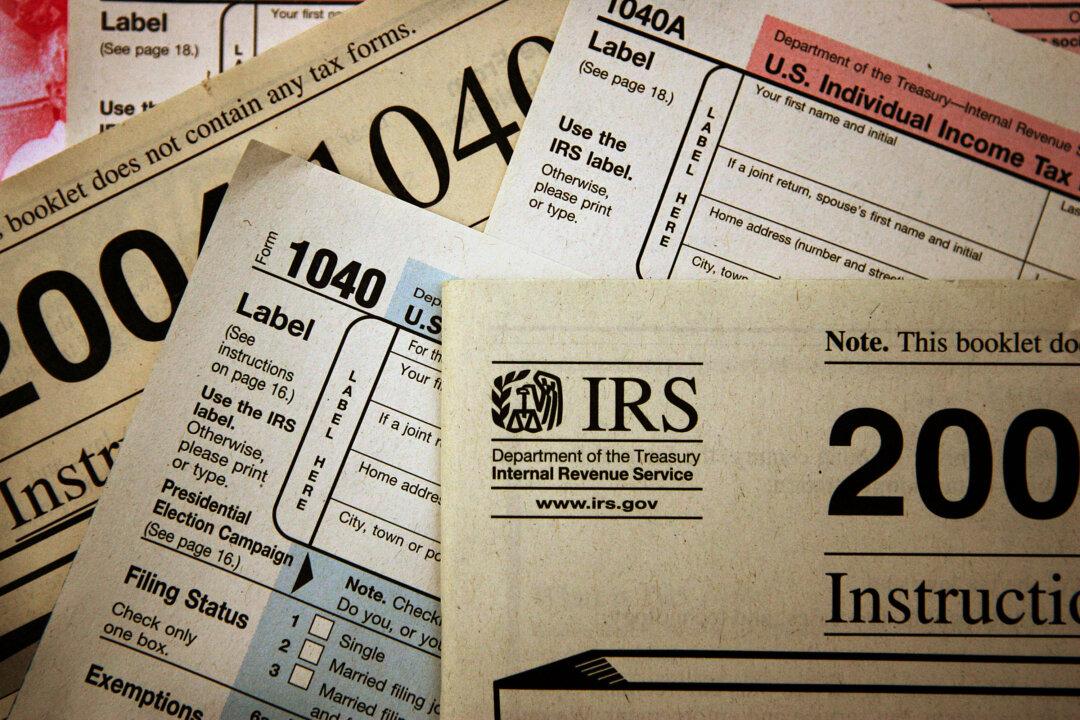NEW YORK—The deadline to file your taxes is Tuesday, which is just around the corner. Filing U.S. tax returns—especially for the first time—can seem like a daunting task, but there are steps you can take to make it less stressful.
Whether you do your taxes yourself, go to a tax clinic or hire a professional, navigating the tax system can be complicated and stressful. Courtney Alev, a consumer financial advocate for Credit Karma, recommends you go easy on yourself.






